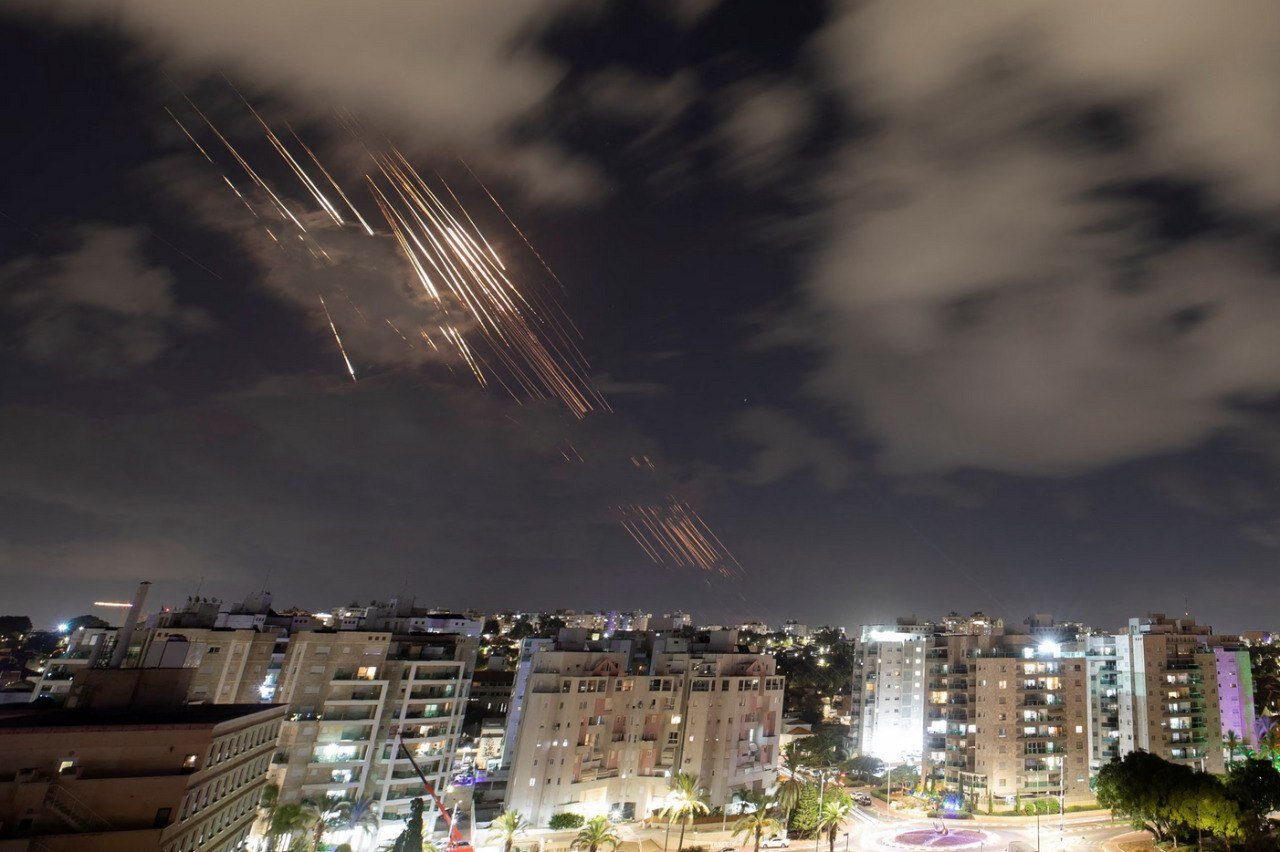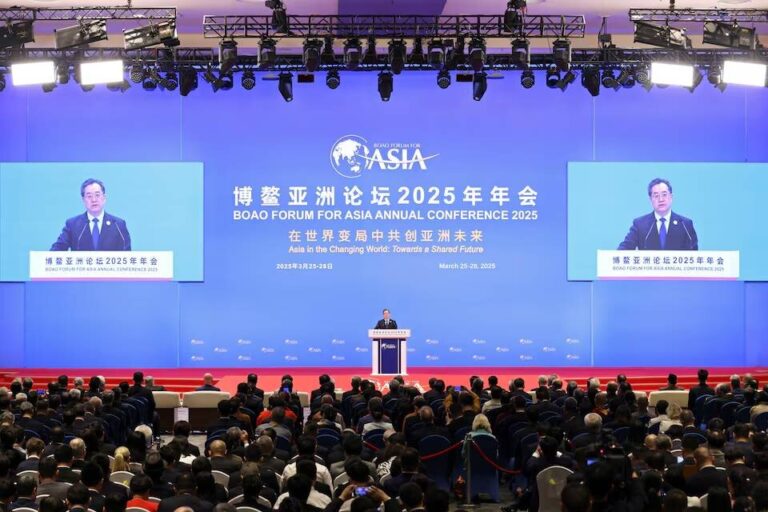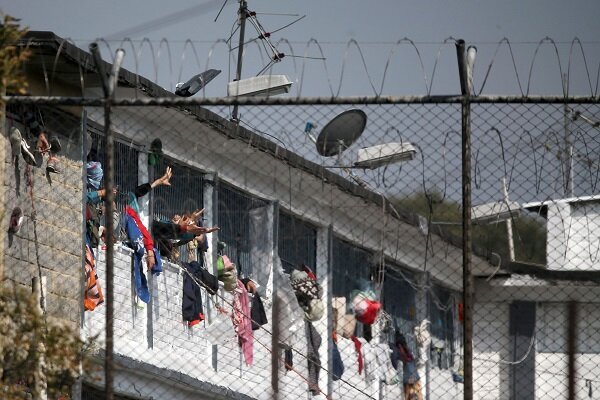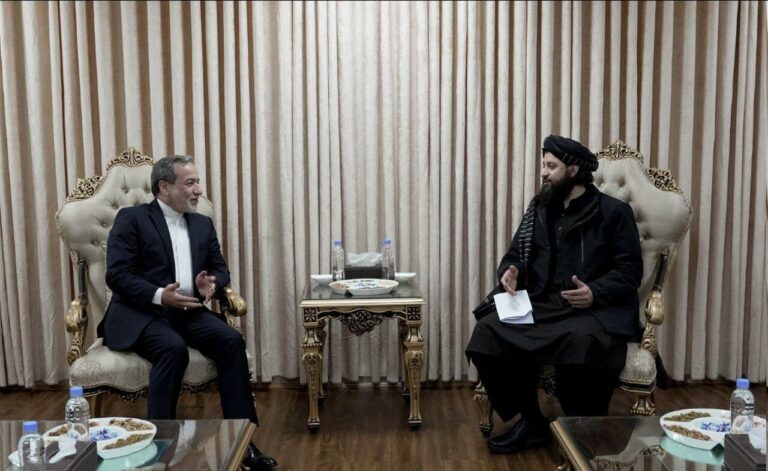Iran Stands Firm: IRGC General Asserts Commitment to Protect National Interests
In a recent interview with local Iranian media, Brigadier General Amir Ali Hajizadeh shed light on Iran’s military operations against Israel, particularly focusing on the significance of the True Promise missions. These retaliatory actions highlight Iran’s commitment to defending its national interests and responding decisively to aggression.
Brigadier General Hajizadeh recounted two notable operations conducted by the Islamic Revolutionary Guard Corps (IRGC) and Iran’s Army last year, emphasizing the intense exchanges that preceded these actions. He stated, “Before True Promise I, the Zionist regime was begging Iran through Turkey and Egypt not to respond, and if it did, to respond mildly!” This revelation underscores the pressure that Iran’s military response placed on Israel.
In his comments, General Hajizadeh elaborated on the nature of the communications received from Israel, noting that, “In one of their messages, they even asked us not to carry out the True Promise, saying that they would start negotiations about the Gaza situation.” This plea from the Israeli regime indicated their awareness of the potential consequences of Iran’s military capabilities.
Moreover, the general pointed out the inability of Western powers—specifically the United States, Britain, and France—to deter Iran from executing these operations. He remarked, “The United States, Britain, and France, who stood by Israel, were unable to prevent Iran from carrying out the attacks through sending letters and messages.” This statement emphasizes the resilience of Iran’s military strategy and its unwillingness to back down under external pressure.
General Hajizadeh emphasized that the True Promise operations were not just military actions but a clear message that “Iran does not hesitate to defend its interests and will respond decisively to any aggression.” This declaration reaffirms Iran’s stance on its sovereignty and regional influence.
The first operation, True Promise I, was initiated shortly after a tragic incident in April 2024, where a terrorist Israeli strike resulted in the deaths of seven IRGC members at the Iranian consulate in Damascus, Syria. This attack was a pivotal moment that galvanized Iran’s military response.
Following the success of the first operation, Iran launched a second retaliatory effort in October 2024, which was named True Promise II. This operation was a direct response to the assassination of resistance commanders by the Israeli regime, further highlighting the ongoing tensions between Iran and Israel.
These events illustrate the complex dynamics in the Middle East, where military actions often lead to escalated responses. The IRGC and Iranian military leadership have made it clear that they view their operations as necessary measures to protect their nation and its interests.
- True Promise I: Launched in April 2024 as a retaliation for the killings of IRGC members.
- True Promise II: Initiated in October 2024 in response to the assassination of Iranian resistance commanders.
- International Reactions: The U.S., U.K., and France’s inability to deter Iran showcases the limitations of diplomatic communications in military conflicts.
As tensions continue to rise in the region, the implications of these military operations extend beyond immediate responses. They signal a shift in the balance of power and demonstrate Iran’s willingness to take aggressive steps to safeguard its interests. The True Promise operations serve as a clear indication of Iran’s military strategy and its commitment to countering perceived threats from Israel.
In conclusion, Brigadier General Amir Ali Hajizadeh’s remarks offer valuable insights into Iran’s military posture and its strategic responses to external pressures. As the situation in the Middle East evolves, the international community remains watchful of Iran’s future military actions and the potential impacts on regional stability.






